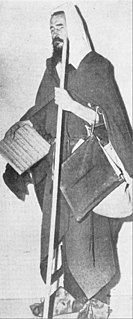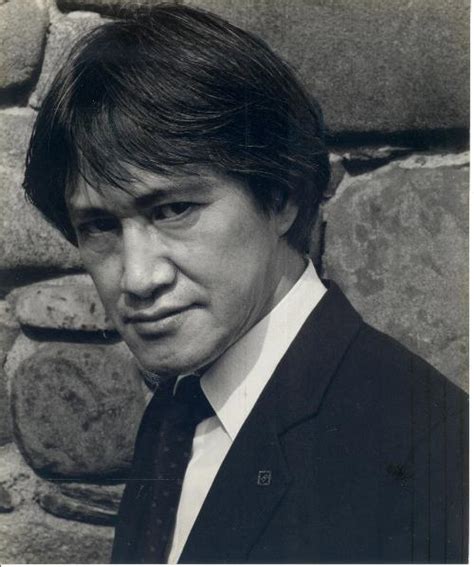A Quote by Carl Jung
Once upon a time men were possessed by devils. Now they are not less obsessed by ideas
Related Quotes
The Bible must be the invention of either good men or angels, bad men or devils, or of God. It could not be the invention of good men or angels, for they neither would or could make a book, and tell lies all the time they were writing it, saying, 'Thus saith the Lord,' when it was their own invention. It could not be the invention of bad men or devils, for they would not make a book which commands all duty, forbids all sin, and condemns their souls to hell for all eternity. Therefore, I draw this conclusion, that the Bible must be given by divine inspiration.
Scary rock n' roll bands had all the devilish imagery. But at the same time, it's not because they were devil worshippers, they were saying that society is run by devils. It was human society that created these things, they become the devils. This is what you worship. This money is what you worship. This idea is what you worship.
The advertising men made it clear that there were two ways of looking at ideas in a war against fascism. Those of us who were working on the project believed ideas were to be fought for; the advertising men believed they were to be sold. The audience, those at home in wartime, were not 'citizens' or 'people.' They were 'customers.'
Men tend to dominate whatever public discourse they participate in, and another big part of feminism is to let women have their say. Men's voices can be welcome at the table, but there is a time and a place, and maybe it's now, for men to make a little less noise, make their needs less known, and listen to the needs of others.
Once upon a time our traditional goal in war and can anyone doubt that we are at war? - was victory. Once upon a time we were proud of our strength, our military power. Now we seem ashamed of it. Once upon a time the rest of the world looked to us for leadership. Now they look to us for a quick handout and a fence-straddling international posture.
It was anyway all a long time ago; the world, we know now, is as it is and not different; if there was ever a time when there were passages, doors, the borders open and many crossing, that time is not now. The world is older than it was. Even the weather isn’t as we remember it clearly once being; never lately does there come a summer day such as we remember, never clouds as white as that, never grass as odorous or shade as deep and full of promise as we remember they can be, as once upon a time they were.




































